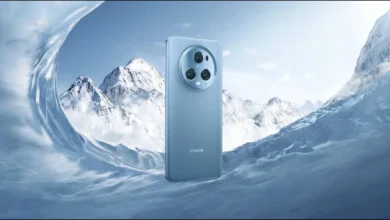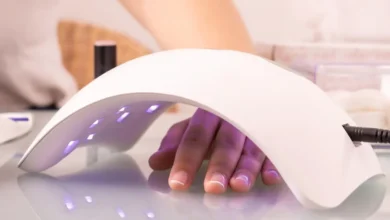How To Recover Deleted Files From A Micro SD Card

Accidentally deleting important photos, videos, or documents from a micro SD card can be a heart-stopping moment, especially when those files hold precious memories or crucial information. How can you recover deleted files from a micro SD card?
The quickest way to recover deleted files from a micro SD card is to use data recovery software like Disk Drill, EaseUS, or Recuva. These programs can scan the card and restore recently deleted files with success rates of up to 90% if the data hasn’t been overwritten.
While this solution works in most cases, you’ll want to keep reading because the recovery method you should use actually depends on how the files were deleted and how long they’ve been gone. Using the wrong approach could permanently destroy your chances of getting those files back.
Different Types Of File Deletion And Their Recovery Methods
When files are deleted from a micro SD card, they aren’t immediately erased. Instead, the space they occupy is simply marked as available for new data. This is called a “soft delete” and is the easiest type to recover from using standard recovery software. However, if you’ve formatted the card or performed a “hard delete,” the recovery process becomes more complex and may require professional data recovery services.
The time factor is also crucial. The sooner you attempt to recover deleted files, the better your chances of success. Once new data is written to the card, it can overwrite the deleted files, making them unrecoverable. This is why it’s essential to stop using the card immediately after realizing files have been deleted.
What To Do Immediately After Discovering Lost Files
The first and most important step is to stop using the micro SD card right away. Remove it from your device and don’t save any new files to it. Every new write operation could potentially overwrite your deleted files. If the card is still in a phone or camera, turn off the device immediately to prevent automatic saves or system writes.
Next, write-protect the card by sliding the lock switch on the SD adapter (if available) to prevent accidental writes. If you don’t have an adapter, be extra careful not to modify anything on the card until you’re ready to attempt recovery.
Common Mistakes That Make File Recovery Impossible
The most devastating mistake people make is taking photos or saving new files to the card after deletion. This can permanently overwrite the deleted files, making them impossible to recover. Another common error is formatting the card in panic, thinking it might solve the problem.
Some people also make the mistake of trying multiple recovery programs one after another, which can write temporary files to the card and reduce recovery chances. Additionally, attempting to repair a physically damaged card at home can cause further damage and make professional recovery impossible.
Best Data Recovery Software For Micro SD Cards
When choosing recovery software, look for programs designed explicitly for micro SD cards and flash memory devices. Disk Drill and EaseUS Data Recovery Wizard are top choices because they support multiple file formats and have user-friendly interfaces. These programs also offer preview features, allowing you to see files before recovery to ensure they’re what you’re looking for.
Free versions of these programs typically have file size limitations or restrict the amount of data you can recover. While paid versions can be expensive (ranging from $50-100), they’re still considerably cheaper than professional data recovery services and often come with additional features like bootable recovery drives.
When Professional Data Recovery Services Are Worth The Cost
Professional recovery services become necessary when software solutions fail or when dealing with physically damaged cards. These services use specialized equipment and clean room environments to recover data from damaged or corrupted storage devices. While expensive (typically $300-1500), they offer the highest success rates for severe cases.
Professional services are particularly worth considering if the lost files have significant monetary value (like wedding photos for a professional photographer) or irreplaceable sentimental value. They can also help in cases where the card has been formatted multiple times, suffered water damage, or shows signs of physical damage like bent pins or cracks.
Most reputable services offer free evaluations and only charge if they successfully recover your files. They also typically follow strict privacy protocols and can provide documentation for legal or insurance purposes if needed.
Take Action Before It’s Too Late
If you haven’t experienced data loss on your micro SD card yet, take a moment right now to back up all your important files to a cloud service or external drive – don’t wait until you’re frantically searching for recovery solutions. Regular backups are the most reliable insurance against data loss, and they’re much easier than trying to recover deleted files after the fact.




